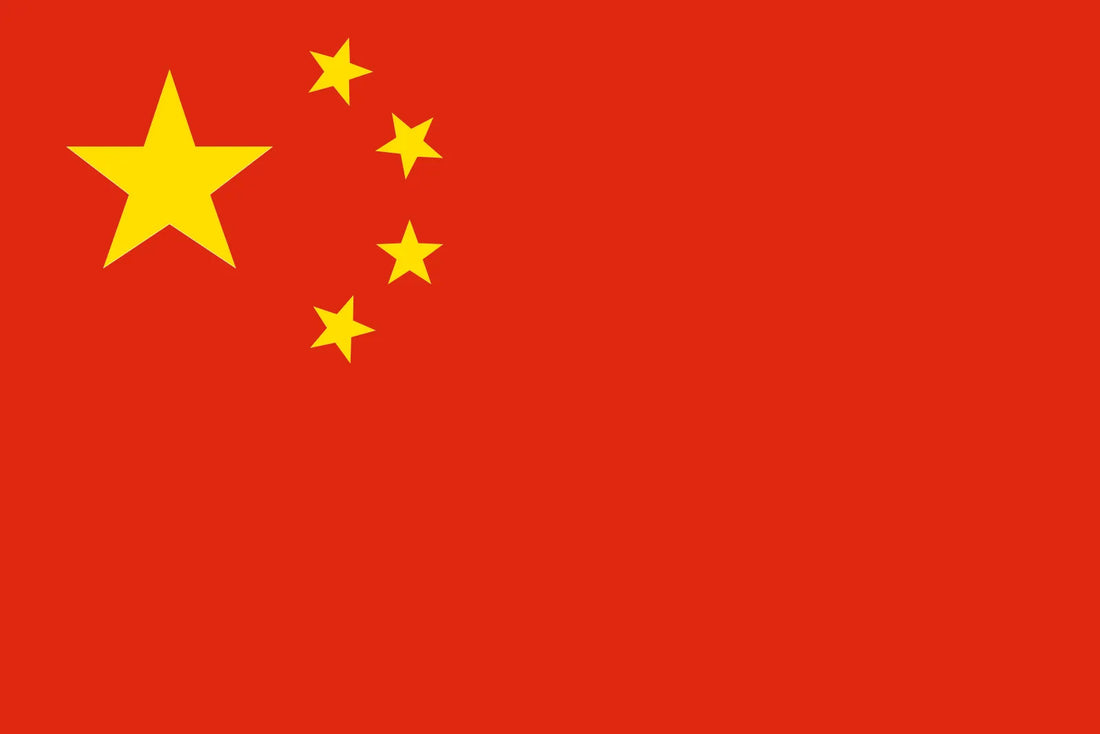First off, whilst the FDA doesn’t come out and say it, we’d suggest that anything imported from the EU (European Union) or the United Kingdom is probably fine. They actually have stricter regulations than the US. And whilst, it is technically possible that they may be more lax with exported products, if they do also sell them within their home regions it’s probably fine. But, then again, it’s not likely that they’d want to say that something made in those countries actually has stricter regulations.
It's also worth noting that foreign facilities can register with the FDA and open themselves to voluntary FDA registration to assist with imports.
Now that we’ve covered the bits of information that the statement left out, the warning itself is still valid.
Natural Doesn’t Mean Safe
The FDA is seeking to point out that products marked natural and imported don’t necessarily have the ingredients they say, and there have been many incidents where products contained banned prescription medications and were not the all natural products they claimed to be. Generally speaking, a lot of these products have come from China or South America.
Their statement said that simply labeling a product as "natural" doesn't guarantee its safety.
Similarly, just because something is labeled as natural doesn't mean it's devoid of undisclosed drug components. These items might also harbor contaminants or undisclosed chemicals that could pose risks. Take, for instance, weight loss aids that clandestinely contain prescription drugs like sibutramine, a component of the formerly FDA-approved drug Meridia. Despite its prior approval, it was withdrawn from the market due to heightened risks of heart complications and strokes.
Moreover, just because an ingredient is present in an FDA-approved drug doesn't automatically ensure its safety in the doses found in non-prescription products. Unscrupulous individuals often target specific demographics, such as those battling obesity or serious illnesses like cancer or diabetes, with promises of quick fixes at lower costs. Unfortunately, relying on such products may delay proper medical treatment.
Similarly, products boasting a "Made in the USA" label may not actually originate from here, as scammers can easily affix misleading labels. Notably, companies producing dietary supplements are not obligated to obtain FDA approval before marketing their products.
How To Tell If A Product Is Safe
The FDA suggests that you watch out for:
- Miricle cures: Any product that claims to completely cure a medical condition, or to be a scientific breakthrough is likely a scam.
- All Natural: Natural doesn’t mean safe, and many products labelled this way have been found to contain other ingredients.
- One product that does it all: Most products are not suitable for all conditions, especially if it’s a single pill. Most supplements require quite large doses of ingredients to be effective.
- Sketchy Reviews: Success stories are easier to fake than you think.
- FDA-approved: Supplements are not “approved” by the FDA, at most they can be made in FDA registered facilities.
Antibiotics Sold From Overseas
Other scammers often sell products containing antibiotics. And using these medications without proper prescription and devoid of medical supervision can readily result in their misuse and overuse, exacerbating the issue of antibiotic resistance. Meaning antibiotics may lose their ability to combat infections when you need them.
If you’ve had a bad reaction to a supplement (not mild indigestion, but something that isn’t an expected reaction) the FDA is urging you to report it here.
